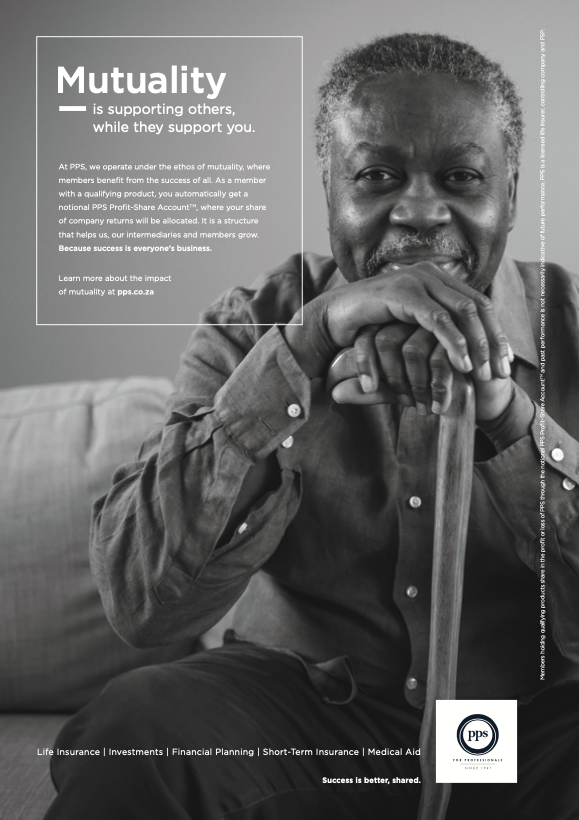David Crosoer, Chief Investment Officer at PPS Investments

The rand is optically undervalued most of the time, but this is partly because South Africa is becoming structurally less competitive. One implication is investors should not be too preoccupied with the level of the ZAR when making long-term investment decisions.
Many investors remained scarred after investing in foreign equities in the late 1990s when the ZAR was extremely undervalued, and foreign equities were extremely expensive. Understandably, perhaps, the ‘rule of thumb’ is that one needs a strong rand before investing offshore, but in most instances, this is not in fact the case.
The rand has traded at extreme weakness just a handful of times over the past thirty years, and typically not for long. Even then, the relative outperformance of (say) SA over foreign equities from these points are less clear-cut than one might think.
The South African equity market is concentrated in a handful of large stocks that often are global in nature and consequently, the distinction between investing in global companies listed in Johannesburg and investing in global companies listed offshore is less pronounced than one might at first think.
Our investment framework (i.e., when we buy foreign equities) tends to ignore the ZAR unless it is at extremes. Even then, it is not always clear that it sends a reliable signal (i.e., that foreign equities will underperform). More generally, we expect the ZAR to continue to depreciate over time and model an additional 2% p.a. depreciation of the ZAR over and above that implied by the interest rate differential. This makes foreign investments at almost any currency level attractive, especially if we have a sufficiently long investment horizon.

Mutuality
-is supporting others,
while they support you.
At PPS, we operate under the ethos of mutuality, where members benefit from the success of all. As a member with a qualifying product, you automatically get a notional PPS Profit-Share Account ™, where your share of company returns will be allocated. It is a structure that helps us, our intermediaries and members grow.
Because success is everyone’s business.
Members holding qualifying products share in the profit or loss of PPS through the notional PPS Profit-Share AccountTM and past performance is not necessarily indicative of future performance. PPS is a licensed life insurer, controlling company and FSP.
The relaxation of foreign exchange control limits to 45% has made a meaningful difference in diversifying away from SA specific equity risk even in more aggressive balanced mandates where the bulk of South Africans investment savings are found.
Our strategic asset allocation framework now equally splits between SA and foreign equities across all risk profiles, and we increasingly make use of active global equity managers to deliver competitive returns for clients.
We believe investing in global companies that earn hard currency insulates SA investors to some extent from the erosion of their own rand-based purchasing power, which we expect to continue as long as the economy remains uncompetitive.
At the same time, our multi-manager research process gives us access to exceptional global asset managers with compelling multi-decade track records of impressive outperformance. Unsurprisingly, then, we tend to favour foreign equities over other asset classes when we invest offshore. In addition, given we expect the ZAR to continue to depreciate over time, over-and -above that implied by the interest rate differential, we typically do not try to hedge this currency risk.

